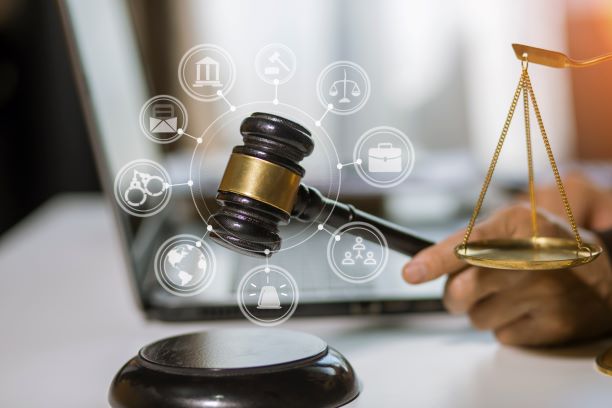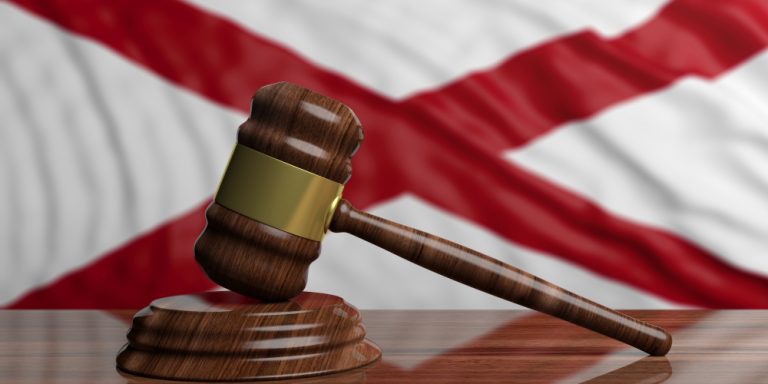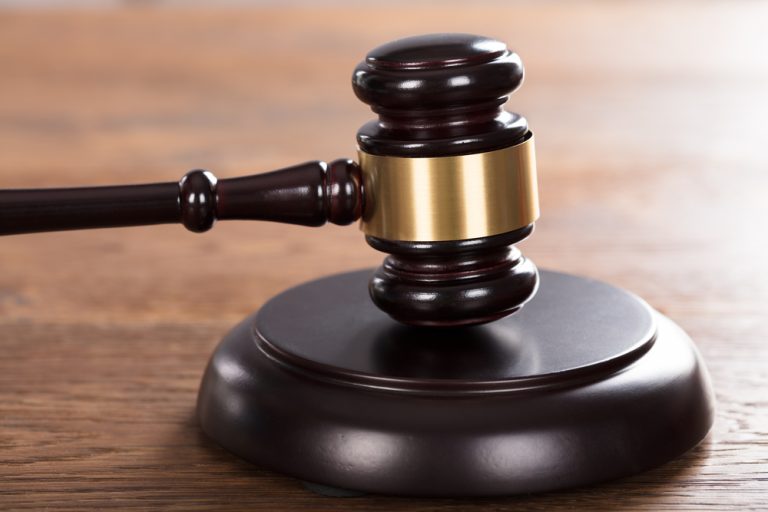Punitive Damages Change the Game: Immediate Appellate Review Should Be Available
Punitive Damages Change the Game: Immediate Appellate Review Should Be Available
What happens when a trial judge grants a motion to amend a complaint, allowing the addition of a claim for punitive damages, but the evidence supporting the punitive damages claim is insufficient? Is immediate appellate review available? The Florida Supreme Court has answered that question with a clear and definitive “No.” But there is growing support from the bench—at least in the Third and Fourth District Courts of Appeal—that immediate review should be available.
Currently, under the Florida Supreme Court’s opinion in Globe Newspaper Co. v. King, 658 So. 2d 518 (Fla. 1995), immediate appellate review (specifically certiorari review) of trial court orders granting the amendment of a complaint to include punitive damages is only available to determine whether a trial court complied with the procedural aspects of section 768.72, Florida Statutes. An appellate court can only determine whether the plaintiff (1) attached a proposed amended complaint to its motion to amend; (2) timely served record evidence supporting its punitive damages claim; and (3) whether the trial court made an affirmative finding that the plaintiff made a “reasonable showing by evidence” that provides a reasonable evidentiary basis for recovering punitive damages. Globe Newspaper Co., 658 So. 2d at 520.
But immediate appellate review is not available as far as reviewing the sufficiency of the evidence that the trial court considered in its punitive damages inquiry. Instead, a defendant must continue on in litigation, subject to financial worth discovery. Only after a final order is issued in the case can the defendant seek review of the sufficiency of the plaintiff’s proffered punitive damages evidence. Globe Newspaper Co., 658 So. 2d at 519–20.
According to the Florida Supreme Court, the reason behind the bifurcated review discussed above is that defendants have a substantive legal right to be free from a punitive damages claim and ensuing financial worth discovery until the trial court has followed the procedural requirements of section 768.72. Therefore, failing to adhere to the procedural requirements of section 768.72 is a departure from the essential requirements of law. But if the procedural requirements are followed and the trial court erroneously allows for punitive damages, the harm suffered by the defendant in the form of financial worth discovery is not a “material harm” or a “miscarriage of justice” meant to be addressed by certiorari review. The court also noted that allowing certiorari review at this stage in litigation would harm the civil justice system, inundating the district courts of appeal with petitions for review. Globe Newspaper Co. 658 So. 2d at 520 (citing Martin-Johnson, Inc. v. Savage, 509 So. 2d 1097, 1100 (Fla. 1987)).
Recently, though, Judge Jeffrey T. Kuntz of the Fourth District Court of Appeal and Judge Edwin Scales of the Third District Court of Appeal have recognized the harm that the Globe Newspaper Co. holding can cause to defendants.
Judges Kuntz and Scales have recognized that allowing a plaintiff to proceed with a punitive damages claim materially changes the nature of the dispute. It subjects the defendant to financial discovery otherwise off limits and may subject the defendant to uninsured losses. Judge Scales has described the addition of punitive damages to a claim as a “game changer” in litigation given how such damages alter the course of civil litigation. Osechas v. Arcila, 44 Fla. L. Weekly D389 (Fla. 3d DCA Feb. 6, 2019) (Scales, J. concurring); Levin v. Pritchard, 258 So. 3d 545, 548 n.4 (Fla. 3d DCA 2018) (Scales, J. concurring); TRG Desert Inn Venture, Ltd. v. Berezovsky, 194 So. 3d 516, 520 n.5 (Fla. 3d DCA 2016) (Scales, J. concurring).
Judge Kuntz has gone further and recognized that the legislature substantively revised section 768.72 four years after the Globe Newspaper Co. opinion. Under the revised statute, a defendant “may be held liable for punitive damages only if the trier of fact, based on clear and convincing evidence, finds the defendant was personally guilty of intentional misconduct or gross negligence.” And for a corporate defendant, punitive damages were similarly limited to specific conditions. Judge Kuntz concluded that strictly applying Globe Newspaper Co. under the current statutory framework could allow a claim for punitive damages to proceed when recovery of those damages are otherwise barred by statute. The Event Depot Corp. v. Frank, 4D18-2306, 2019 WL 1781676, at *4–6 (Fla. 4th DCA Apr. 24, 2019) (Kuntz, J. concurring).
Both Judge Kuntz and Judge Scales recommend an easy fix to the problem: the Florida Bar’s Appellate Court Rules Committee should review rule 9.130(a)(3), Florida Rules of Appellate Procedure, and consider whether it should add a trial court’s order granting a motion for leave to add a punitive damages claim to that rule’s catalogue of appealable, non-final orders. But Judge Kuntz, again, goes one step further. He suggests that it might be time that the Florida Supreme Court reconsider its decision in Globe Newspaper Co. and allow certiorari review.
Overall, if either suggestion occurred, defendants would benefit in a variety of ways. Trial judges might more closely scrutinize punitive damages evidence. Discovery costs could be reduced and the scope of prejudicial discovery and evidence at trial could be limited. Parties could avoid battles over damages experts and trials could be shortened. Regardless, giving defendants the ability to appeal non-final orders allowing for punitive damages would best protect a defendant’s substantive right to be free from punitive damages claims under section 768.72, Florida Statutes.







